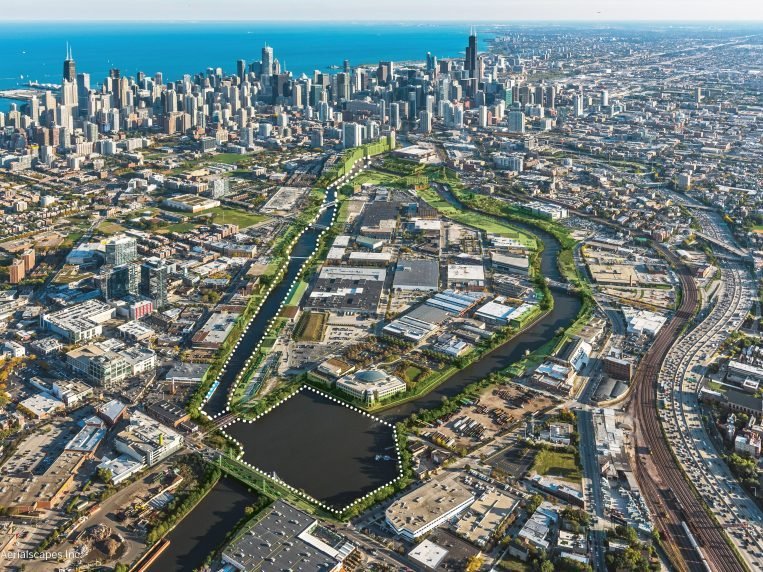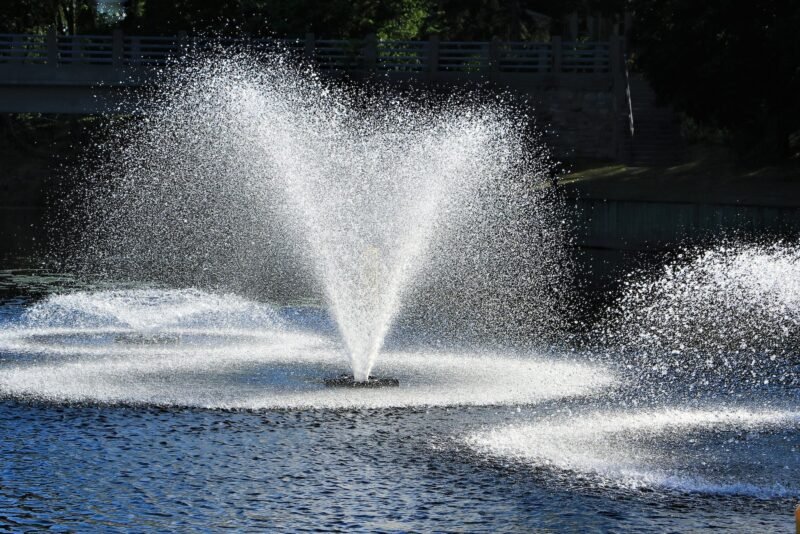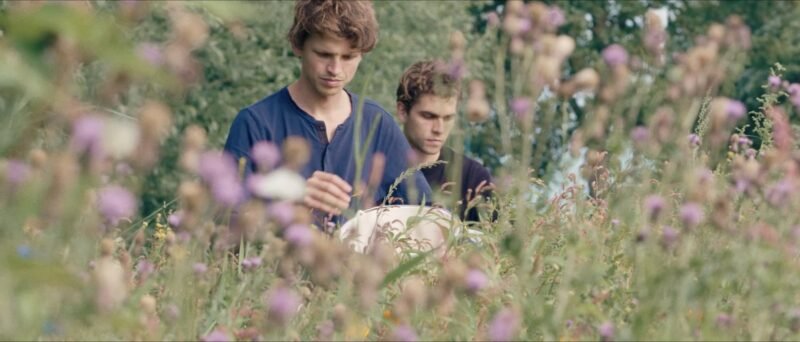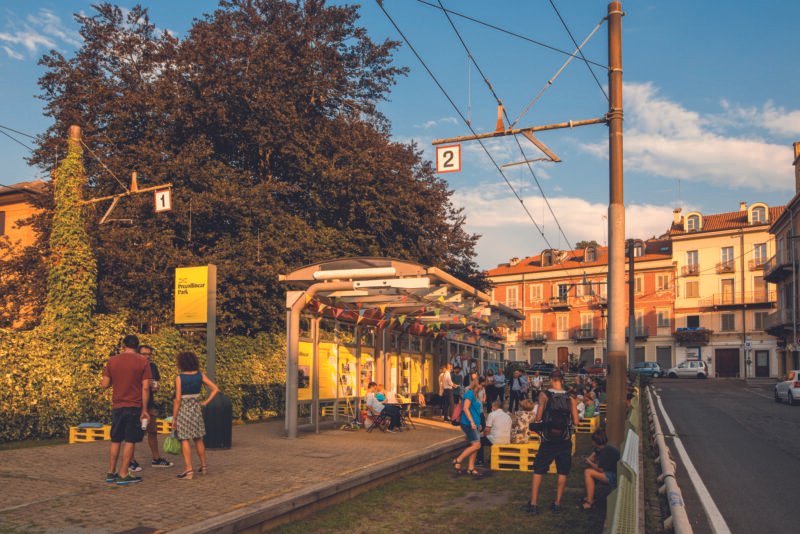World’s First Floating Eco-Park to Emerge in Chicago
The design for the world's first floating eco-park – The Wild Mile – situated along the Chicago River has been revealed. It is scheduled to be completed by mid-2020.
SOM Architects have revealed the final design for a floating eco-park which will be established along the Chicago River. The plan is being realized by a group of ecologists called Urban River, and well as the Chicago city government, and private developers. The Wild Mile Chicago will be the first floating eco-park in the world and, as its name suggest, it will be a mile long. At the same time, it will be the longest one in existence. It will transform the North Branch Canal of the Chicago River, east of Shedd Island, between W Chicago Avenue and W North Avenue.

This innovative park in Chicago will utilize pre-existing river channel walls to support small floating islands. It will create a great environment for the fauna, flora and people using the park (kayakers, canoeists and pedestrians alike). The aim is to uplift the natural habitat in the city’s channel system. The floating park will maintain and provide a natural environment for numerous species and pollinators which will benefit the overall biodiversity of the area.

The idea and first plans for this project were included in Chicago’s North Branch Framework Plan which described the aim to make over 60 acres of publicly accessible open space in Chicago. Citizens and scientists who belong to a volunteer-led initiative of The Wild Mile – the River Rangers – keep track of the wildlife in the area. The information is kept in an app to show details regarding the success of each species nearby, and inside of the Chicago River.

Public participation and citizen feedback are very much encouraged in the Wild Mile Chicago project. Apart from the volunteer-led measurements of fauna and flora, community meetings are held to create a platform for discussion of the main possibilities, issues and what citizens like or don’t like about the design of the floating park.
The project is set to be completed by mid-2020 and it has a lot of eyes directed towards it to see how it will work, and whether other projects can follow its example. Floating public spaces have been slowly popping up in different areas, for example in Rotterdam in the form of hexagonal floating green spaces, but never on such a big scale as the Wild Mile, which is what makes Chicago’s future park highly relevant.



